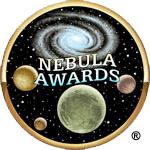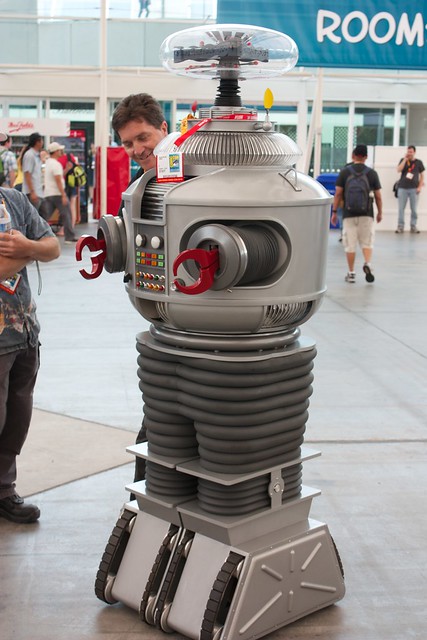Here’s a look at the cover of the July issue of Asimov’s Science Fiction, which should be available on newsstands and/or in bookstores later this week:

(Asimov’s, July 2013.)
As noted in the title, I have a novelette (i.e., a story of a certain length) in this issue. The story opens as follows:
Miroslav did not expect to find a Colonel waiting for him when he returned from physical therapy. The officer was looking out the window; Miroslav came to sluggish attention, unused to his ill-fitted prosthetic leg.
The stranger turned away from the window and regarded Miroslav’s awkward pose. “Please, Captain,” he said, his voice heavy though he smiled and nodded, “stand at ease, or sit if you prefer.”
Miroslav shifted his single crutch a little, careful not to throw his balance off. He would not sit unless the Colonel did so, even though his muscles quivered as if he had just completed a twenty-kilometer forced march.
Would they send a high-ranking officer to discharge him? Any nurse could have delivered the paperwork; it would be less humiliating.
“How is your recovery?” the Colonel asked. “Are you receiving adequate treatment? Are you progressing well?”
Miroslav acquiesced to the small talk. “I am stronger,” he said. He stood on his own for a second and tapped his false leg with the crutch. As he put the crutch back down, he lifted his prosthetic left arm. “I am not … as capable as I once was.”
If you get a chance to read it, I hope you find the story worth your while.
___
Related Posts:
– New Issue of LORE, with My Story, ‘A Star That Moves’
– My Story, The Second Engineer, in Asimov’s Science Fiction















